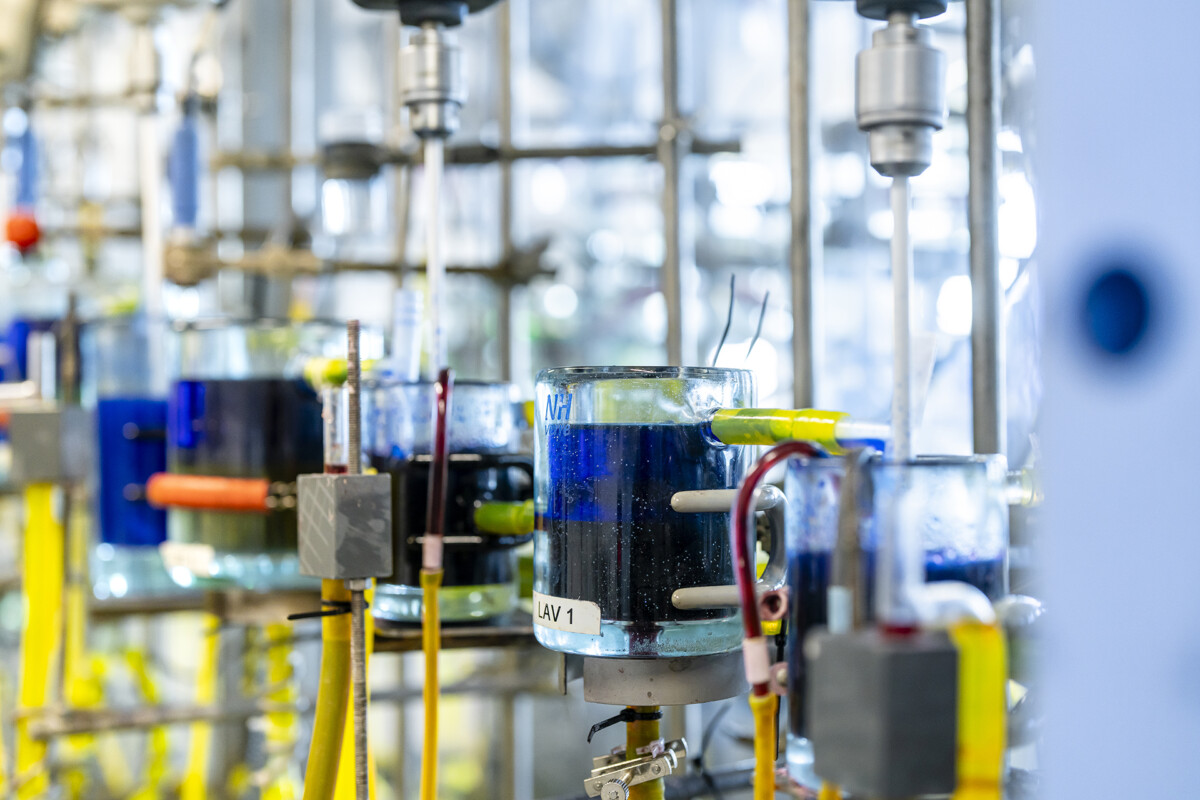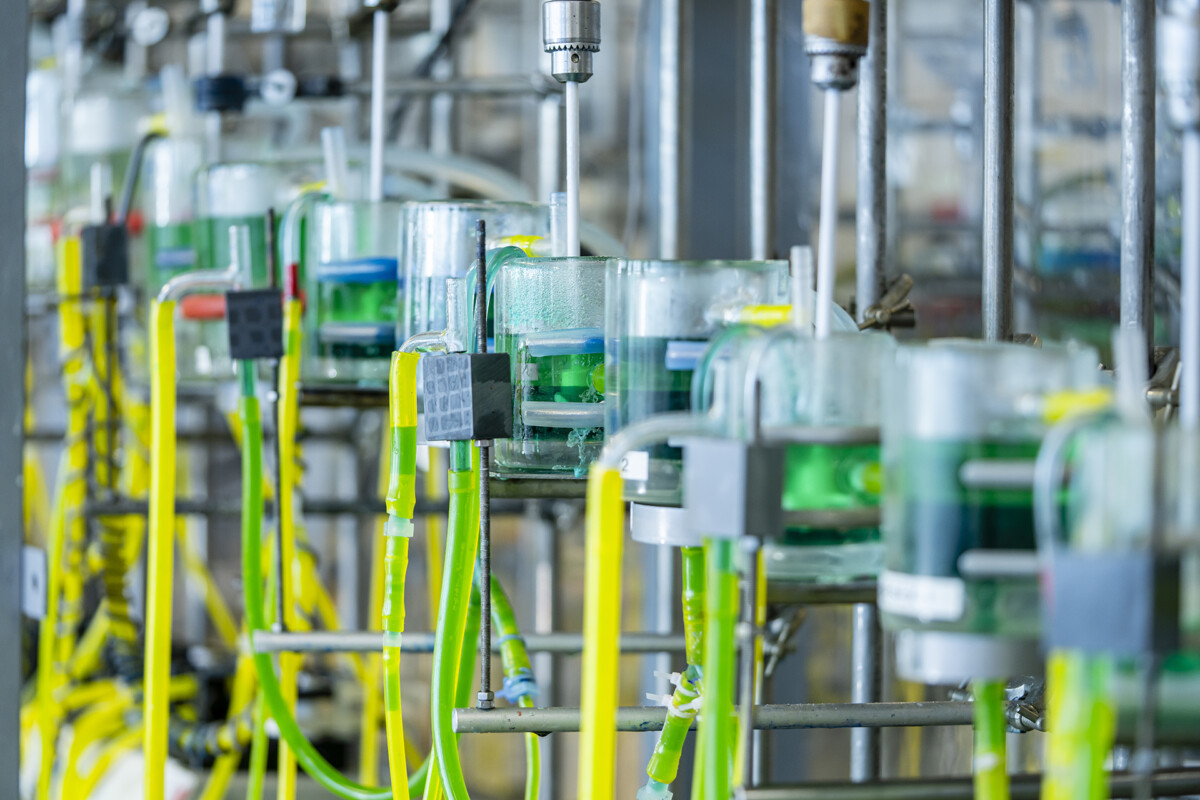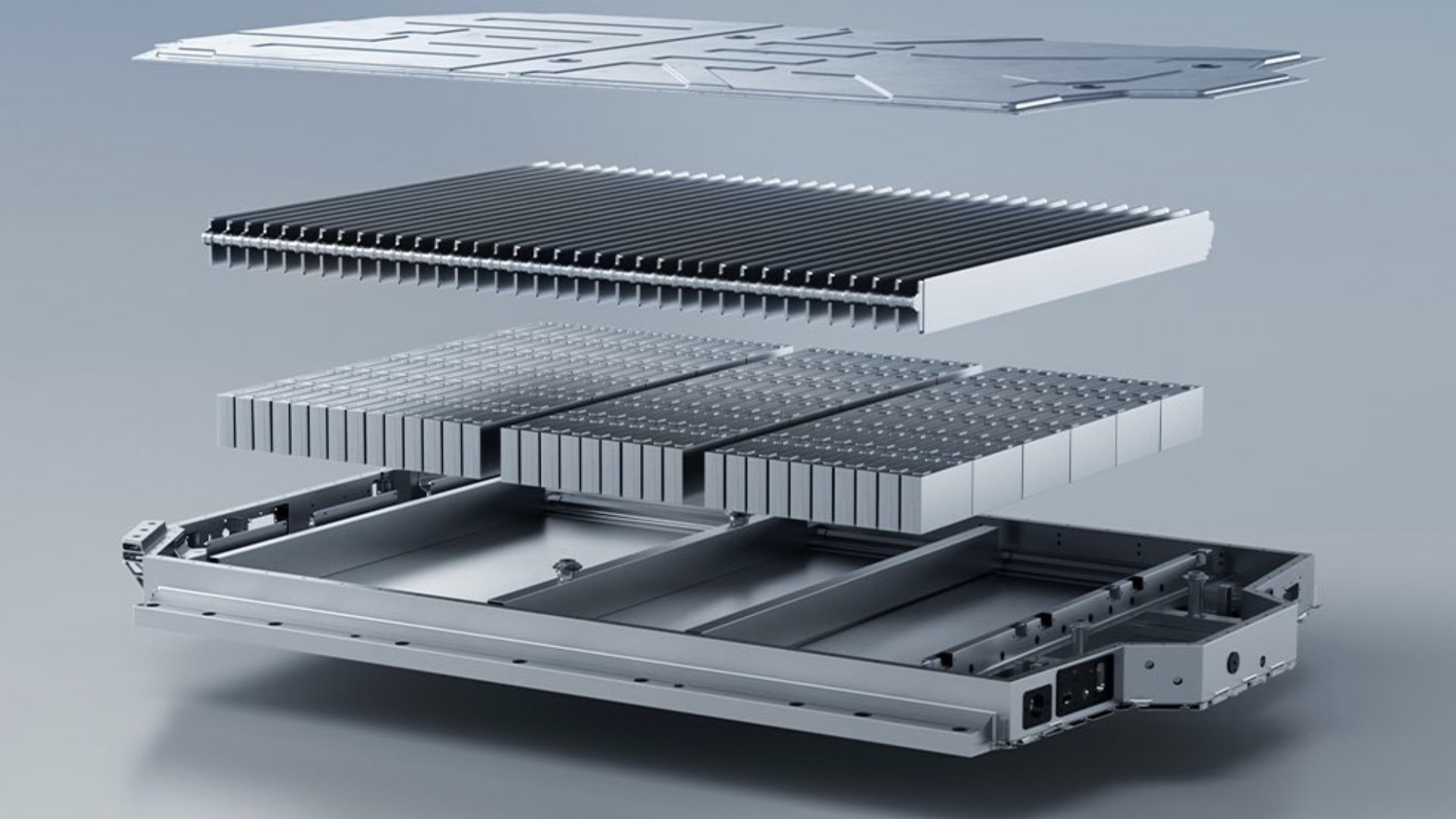Stellantis has just signed a partnership with Orano to create a joint venture specializing in the recycling of electric car batteries. The goal ? Recycling up to 90% of materials thanks to an innovative process and a factory located in France.
If sales of electric cars continue to grow, to the point of overtaking those of diesel in France and Europe, there are still many detractors. And the latter have no shortage of arguments that are easy to counter, such as the lack of autonomy or even charging solutions. Not to mention the price, even if we know that driving electric is much more financially advantageous.
An ambitious goal
The recycling of batteries also comes up very often in discussions, since opponents of zero-emission (exhaust) cars point out that the latter are very polluting. However, this is far from being the case, while the accumulator recovery solutions are more and more numerous. Indeed, manufacturers are actively working to develop ways to recycle their car batteries.
In certain cases, and in particular if the capacity is above 80% and if they are in good condition, these can be repackaged in another vehicle. But otherwise, they are dismantled and reused. Several companies have already looked into the subject, including Stellantis, which has just announced the signing of a partnership with the French company Orano in a communicated just published.

The latter will materialize by the creation of a joint venture specializing in battery recycling and production waste from factories located in Europe and the United States. The goal ? Revalorize up to 90% of cobalt, copper and nickel as well as 50% of the lithium contained in the accumulators of vehicles of the group’s brands from 2027.
But this is just the beginning, as both companies plan to go even further and reach a recycling rate of 95% and 80% respectively by 2031. For its part, the Stellantis group, which notably owns Peugeot, DS, Fiat and Jeep, plans to achieve carbon neutrality from 2038.
An innovative process
To achieve these objectives, the joint venture created by the two French companies will use the Orano site located in the territory, and more precisely in Dunkirk. Production is expected to begin from 2026, while factories owned by Stellantis could also be used for other operations, the details of which have not yet been communicated at the moment.
If the two partners do not currently provide precise information on the innovative process that will be used for battery recycling, the latter should guarantee very low carbon emissions. The Stellantis press release also explains that this process will allow make black masswhich will then be refined and reused for the manufacture of new batteries.

Enough to support the increase in demand, while some specialists fear a shortage of accumulators over the coming years. Especially since we know that many electric cars end up scrapped after a slight collision, even if their battery is still intact. The latter can therefore be recycled more easily and in a cleaner manner.
But Stellantis is not the only manufacturer to look into the subject, since this is also the case of Tesla, which recycles more than 92% of its batteries, while Volkswagen wants to reuse them infinitely. For its part, Mercedes plans to reach 96%, and two other French companies have joined forces to set up a factory in the north of France in 2027.
